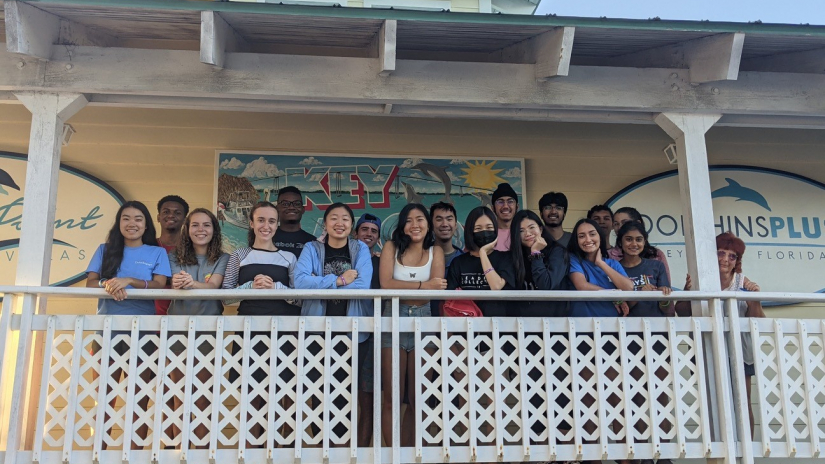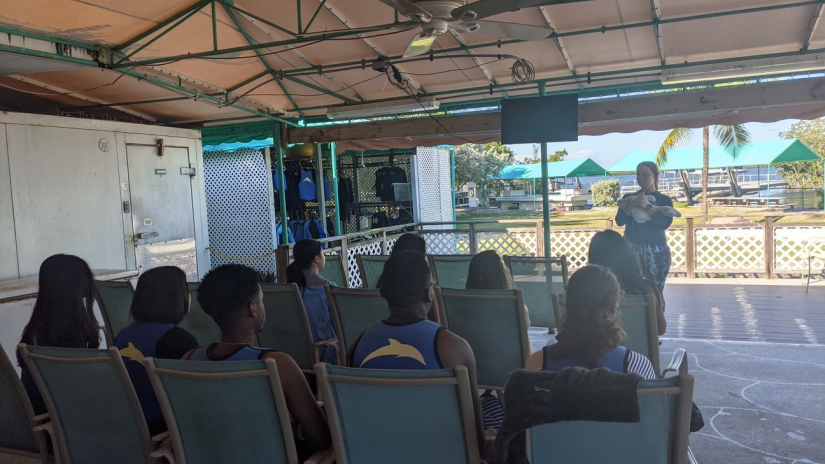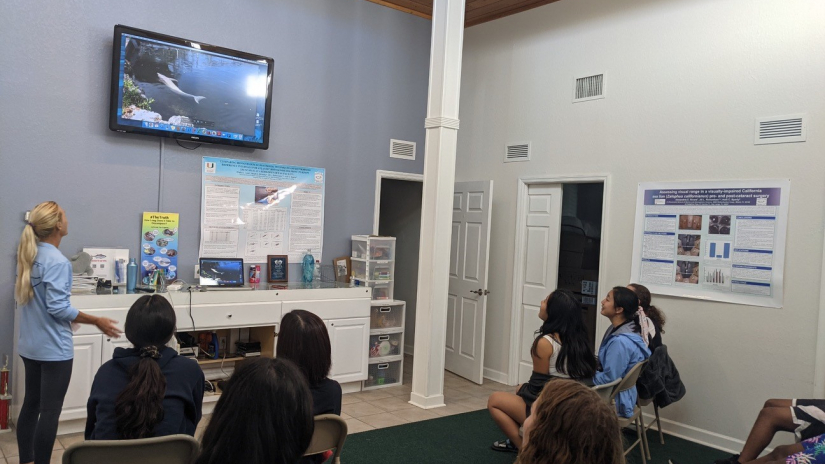Cognitive Neuroscience, Law, and AI
Overview
Cognitive Neuroscience, Law, and AI offers an introduction to several important aspects of the study of the brain and multiple intelligences. Our cluster will include courses that include the basic principles of neuroanatomy, neurophysiology and neurochemical processes, as well as a focus on the neuro-functionality of brain and language, including how the brain enables us to understand language, how individuals acquire and maintain their first and subsequent languages, and how recent advances in brain imaging technology have improved our ability to understand the relationship of brain and languages. Human cognition and memory will also be explored in the context of AI and large language models. In addition, our cluster will study the intersection of law, neuroscience, and decision-making; how recent advances in understanding and studying the brain have affected issues fundamental to the legal system, and the role of choice under stress. This cluster should appeal to anyone curious about how the brain is structured, how it works, how we study it, the importance of learning and embodied cognition, and how our understanding of the brain influences our judgments on issues of legal responsibility for our actions.
Courses
Neuroscience 116FS/Linguistics 216FS — Neuroscience and Human Language (NW)

Edna Andrews, Nancy & Jeffrey Marcus Distinguished Professor; Professor of Linguistics and Cultural Anthropology; Faculty Member of the Duke Institute for Brain Sciences and Center for Cognitive Neuroscience
The relationship of brain and language is explored through a variety of methodologies and approaches, with a focus on neurobiological, neurophysiological and neurolinguistic perspectives of representation of language and languages in the brain. Neuroimaging techniques are central to course exploration, including fMRI, PET, EEG, DTI, and resting state fMRI. Other topics considered in this course include developmental and evolutionary perspectives on cognition, the relationship of memory systems to language acquisition, maintenance and loss, the role of language and memory in the construction of identity at the individual and group levels.
Neuroscience 153FS/ Public Policy 185FS/ Science and Society 153FS — Drugs and the Law (NW)

Nicole Schramm-Sapyta, Associate Professor of the Practice in the Duke Institute for Brain Sciences
Intoxicating and addictive drugs have been part of human culture for millennia. A small molecule, such as alcohol, cocaine, or heroin, can dramatically change the behavior of someone who takes it. This course will begin by examining the mechanisms by which drugs of abuse affect the brain and decision-making on the individual level. We will then examine how drug use affects families and society as a whole. Finally, we will explore society’s varied reactions to drug use in terms of attitudes, policies, and laws. We will examine the perspectives of the criminal justice system, taxpayers, drug users, treatment counselors, and others. The class will consist of lectures, discussions, guest speakers, and media presentations.
Linguistics 120FS/Neuroscience 120FS - Judgment Under Pressure (SB)

Dorlan Kimbrough, Assistant Professor of Neurology at the Duke University School of Medicine
Under what circumstances are we most likely to make wise decisions? And what conditions push us toward forgettable or regrettable choices? While quantitative models of economic, political, and medical decision-making often assume "rationality," this course addresses the exercise of choice under physiological, emotional, and psychological stressors. Topics include: neuroanatomic sub-strates of executive function; the physiologic impact of acute and chronic stress responses; cognitive biases; and the effect of evidence, advisors, and experiential learning on reaching conclusions. We nod to our fellow travelers in related disciplines while squarely focusing on neuroanatomical and physiological underpinnings of stress responses and rendering judgments.
Linguistics 124FS — Artificial Intelligence, Linguistic Theory and LLMs (SB)

Mary Osborne, Senior Product Manager of Natural Language Processing, SAS Institute, Inc.; Assistant Visiting Professor in Computational Linguistics
General purpose models of natural language processing provides new opportunities for linguistic theoretical approaches to provide disciplinary perspectives to the toolbox of these models, linguistic theories in generating and utilization of text, narrative & dialogue in accessible open source AI. Linguistic theories inform AI modeling includes generative grammar, cognitive linguistic theory, empirical language models, code & meaning. Foundations of NLP will be explored. Encoder only, decoder only and encoder-decoder models (including BARD ,Llama 2, BERT, Chat GPT, GPT-NEO) will be used in examining LLMs. The role of humans in labeling the data, understanding domains, how to formulate strong prompts and prompt engineering and how to strengthen the multilingual development of LLMs.







